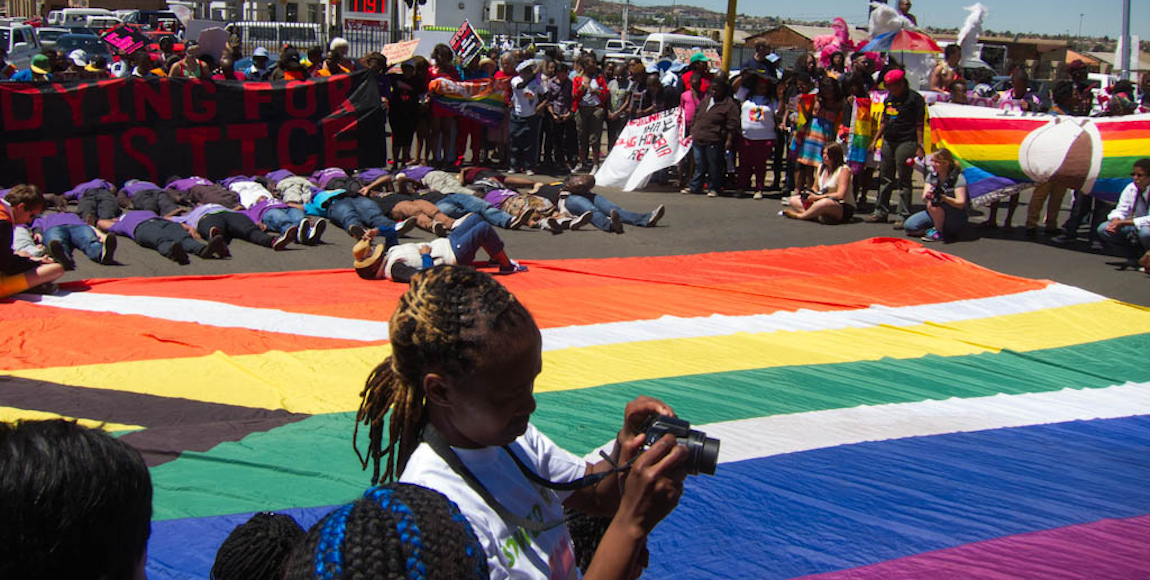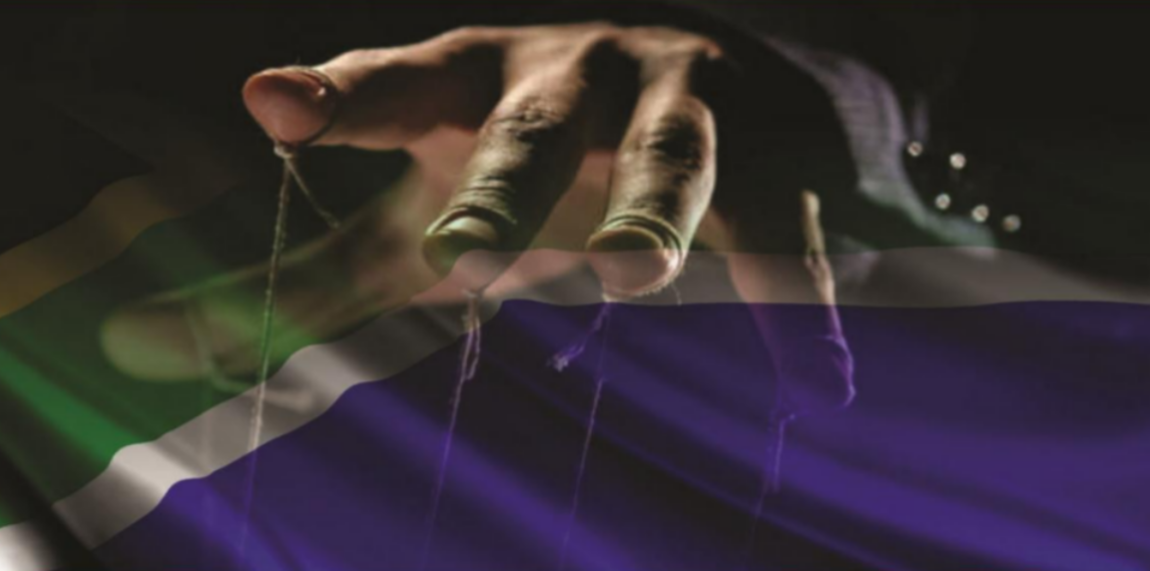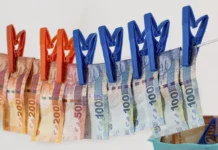EXPLAINER
The Botswana High Court made history on June 11 when it struck down a section in the country’s penal code, which harkens back to colonial rule, that criminalised homosexual acts. The court ruled that “any criminalisation of love, of finding fulfilment in love, dilutes compassion and tolerance” and is unconstitutional. This landmark ruling is a victory for queer people in Botswana, on the continent and for human rights in the world. The Daily Vox takes a look at what this ruling actually means.
How was this matter brought to court?
The court was hearing a petition made by an unnamed applicant in 2016 who had challenged two sections of the Botswana penal code that criminalised homosexual acts. This petition was supported by Lesbians, Gays and Bisexuals of Botswana (Legabibo) which was admitted as a friend of the court. Legabibo has been fighting for queer rights in Botswana for years.
Legabibo submitted evidence before the court to show how the continued criminalisation limits the ability of queer persons to access basic social services, exposes them to stigma and discrimination, and violates their human dignity.
“It has taken a long time for our community to be where it is. This incredibly life-changing decision, although it does not right all the wrongs done to individual members of the LGBT community, is a step towards restoring our dignity as human beings”, Legabibo head Anna Mmolai-Chalmers said.
The Southern Africa Litigation Centre (SALC) provided legal and technical support to Legabibo in the case.
Tashwill Esterhuizen, queer and sex workers rights programme lawyer at the SALC, praised the Botswanian courts for championing the dignity of queer people through the law. “Through their sound legal reasoning and constitutional jurisprudence, the Botswana courts continue to set an example for other courts in the region on the important role that the judiciary can and should play in protecting and promoting human rights for all persons,” Esterhuizen said in a statement.
Esterhuizen hopes that this case will set an important precedent for other courts in the region.
Why is this ruling a leap forward for Africa?
Botswana’s landmark ruling comes a month after the high court in Kenya maintained its anti-homosexuality laws. The Kenyan court ruling rejected a petition calling for the decriminalisation of homosexual acts in the country keeping it punishable by 14 years in prison.
During the British colonial era, these laws against homosexuality were imposed on British colonies including Kenya and Botswana. Many African countries continue to have these laws. India, also a former British colony, repealed these laws in September 2018.
Botswana has joined other African countries like Angola, Seychelles, Mozambique and South Africa, where homosexuality is not illegal.
Does this mean homosexuality will no longer be criminalised in Botswana?
“Many people speak of criminialisation of homosexuality. But in Botswana homosexuality was never criminalised,” Esterhuizen said.
The courts made that clear during a case in 2016. Legabibo won a case in the court of appeal which ordered the government to officially acknowledge and register the organisation. The court held that all persons in Botswana, including queer persons are entitled to protection of their constitutional rights and dignity.
“In that case, there was a distinction between homosexuality and the conduct,” Esterhuizen said. In Botswana it’s not a crime to be gay, the sexual act between two individuals is what was criminalised.
Wait a minute. Then what are the existing laws surrounding homsexuality in Botswana?
Botswana’s penal code, drawn up in 1965 during British colonial rule, rendered homosexual acts as “carnal knowledge of any person against the order of nature”.
Section 164 of the penal code, persons who are guilty of this “offence” would be liable to imprisonment for a term up to seven years. Even person who attempt to commit this “offence” could face up to five years in prison under section 165. Also, “indecent practices between persons” whether in public or private, were punishable with up to two years in prison.
The law initially only applied to men, but after the law found this discriminatory, the law applied to women too.
Does this mean it’s now legal for gay people to have sex in Botswana?
It’s not that simple.
In Esterhuizen’s reading of the judgment, the court basically just declared the law unconstitutional. “What the government now needs to do is to take measures to remove the laws from the penal code,” he said.
It’s a great step in the right direction. But there is still work to be done before the laws criminalising homosexual acts are well and truly scrapped.
But it’s still a feat to be celebrated, right?
Definitely. Botswana is the first country in Africa without sexual orientation in their constitution who actually decriminalised homosexual acts through the courts. This is besides South Africa.
South Africa was the first country who decriminalised homosexual acts through the courts.
There’s a distinction between decriminalising through the courts and decriminalising through the legislature. Mozambique, for example, decriminalised through legislative reforms in 2015.
“For Africa, this is amazing,” Esterhuizen said. SALC has been working in Botswana for many years and hopes other courts will follow suit. Estherhuizen’s sentiment was echoed all over the world.
“This is a remarkable moment for all of Southern Africa and the judgment will have far-reaching consequences in extending the rights of LGBTIQ people in Botswana,” GALA director Keval Harie said. GALA is the centre for Lesbian, Gay, Bisexual, Transgender, Intersex and Queer (LGBTIQ) culture and education in South Africa.
Let’s hope Botswana inspires more African countries to follow suit.









